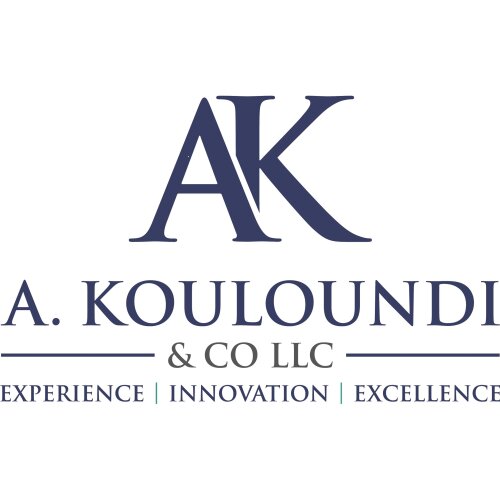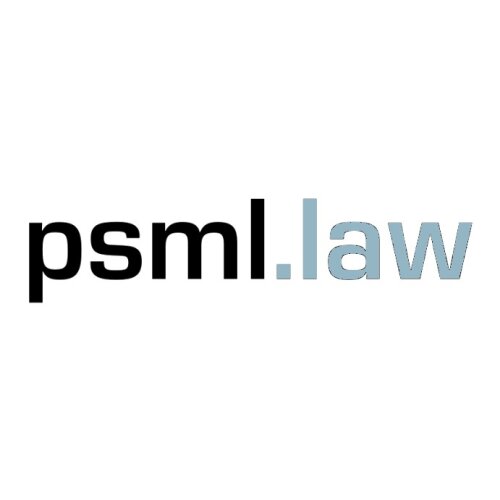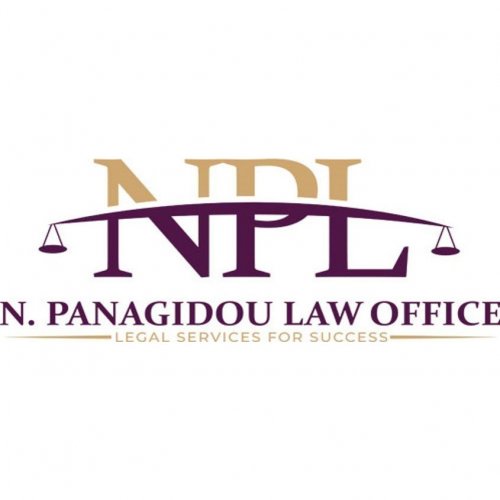Best Sanctions & Export Controls Lawyers in Limassol
Share your needs with us, get contacted by law firms.
Free. Takes 2 min.
List of the best lawyers in Limassol, Cyprus
About Sanctions & Export Controls Law in Limassol, Cyprus
Sanctions and export controls play a significant role in regulating cross-border transactions and international trade in Limassol, Cyprus. As an EU member state, Cyprus is required to implement and enforce European Union sanctions regulations, which are typically aimed at states, individuals, and entities perceived as a threat to peace, security, or democracy. Additionally, Cyprus has national laws and measures that govern the implementation of United Nations Security Council resolutions and other international obligations. For businesses and individuals located in Limassol, understanding sanctions and export controls is critical when dealing with trade, financial services, shipping, and investments that might be subject to restrictions or prohibitions.
Why You May Need a Lawyer
Navigating the complex world of sanctions and export controls can be challenging. You may require legal assistance in several situations. Common scenarios include being involved in international trade that includes goods or technologies subject to export controls, providing services to or engaging with individuals or entities that are subject to sanctions, or requiring guidance on complying with due diligence requirements. Lawyers can also help if your assets become frozen, if you are subject to an investigation, or if you receive queries from banks or authorities about your business activities. In these circumstances, a lawyer can offer essential advice on compliance, help to avoid significant penalties, and represent your interests in dealings with regulators or courts.
Local Laws Overview
Sanctions and export controls in Limassol are governed by a combination of European Union regulations, United Nations Security Council resolutions, and national Cypriot laws. The Ministry of Finance and the Ministry of Energy, Commerce and Industry are key governmental bodies involved in implementation and oversight. Cyprus enforces EU restrictive measures, which may include trade embargoes, asset freezes, and restrictions on financial services. Export controls may apply to goods such as military or dual-use items, and violations can result in criminal or administrative penalties. Local laws require due diligence from businesses to ensure that goods, technologies, or funds are not provided to sanctioned individuals or entities, and reporting obligations often arise in case of suspected sanctions breaches.
Frequently Asked Questions
What are sanctions and export controls?
Sanctions are restrictions imposed by governments or international organizations to influence behavior or protect security interests. Export controls regulate the transfer of certain goods, technologies, or services, often for reasons related to national security, foreign policy, or international obligations.
Who is subject to sanctions and export controls in Limassol?
Any individual or entity operating in or from Cyprus, including businesses, banks, shipping companies, and residents, must comply with applicable sanctions and export control measures.
What types of goods are covered by export controls?
Export controls typically apply to military items, dual-use goods (which have both civilian and military applications), certain chemicals, technologies, and sensitive equipment listed in EU and national regulations.
What are the penalties for breaching sanctions or export control laws?
Penalties can include significant fines, seizure of assets, loss of export privileges, and even imprisonment, depending on the seriousness of the breach and the laws violated.
Do I need a license to export certain goods from Limassol?
Yes, exporting controlled goods, technology, or services often requires prior authorization or an export license from the relevant Cypriot authorities.
How can I check if a person or company is on a sanctions list?
Official lists are published by the European Union, United Nations, and Cypriot authorities. Lawyers and compliance professionals can assist in performing screening and due diligence.
Are financial transactions subject to sanctions in Cyprus?
Yes, many sanctions regimes include restrictions on financial transactions with specified individuals, entities, or countries. Financial institutions are required to monitor and report suspicious activities.
What steps should my business take to ensure compliance?
Implement compliance programs, conduct due diligence on customers and partners, regularly consult updated sanctions lists, and seek legal advice when exporting goods or dealing internationally.
Can a lawyer help if my assets or accounts are frozen?
Yes, a lawyer can help you understand the reasons for the freeze, explore options for applying for authorizations or exemptions, and represent you before regulatory or judicial authorities.
How often are sanctions and export controls updated?
Sanctions and export controls are updated frequently in response to political or security developments. It is important to stay informed and regularly review changes to ensure continued compliance.
Additional Resources
For further guidance and official information regarding sanctions and export controls in Limassol, Cyprus, consult the following resources:
- Ministry of Finance of the Republic of Cyprus - responsible for financial restrictive measures
- Ministry of Energy, Commerce and Industry - handles export control licensing and compliance
- Cyprus Police - for queries related to enforcement and investigations
- European Union Sanctions Map - for up-to-date information on EU sanctions
- Legal directories or bar associations in Cyprus for qualified legal experts
Next Steps
If you require legal assistance in the area of sanctions and export controls, consider the following steps. First, gather all relevant documentation and information about your business activities or the matter in question. Next, consult a lawyer or legal firm in Limassol with experience in international trade, sanctions, or export control compliance. Prompt legal advice can help you avoid violations, navigate investigations, respond to enforcement actions, and ensure your business remains compliant with evolving laws. Staying proactive and informed is key to minimizing risk and safeguarding your interests.
Lawzana helps you find the best lawyers and law firms in Limassol through a curated and pre-screened list of qualified legal professionals. Our platform offers rankings and detailed profiles of attorneys and law firms, allowing you to compare based on practice areas, including Sanctions & Export Controls, experience, and client feedback.
Each profile includes a description of the firm's areas of practice, client reviews, team members and partners, year of establishment, spoken languages, office locations, contact information, social media presence, and any published articles or resources. Most firms on our platform speak English and are experienced in both local and international legal matters.
Get a quote from top-rated law firms in Limassol, Cyprus — quickly, securely, and without unnecessary hassle.
Disclaimer:
The information provided on this page is for general informational purposes only and does not constitute legal advice. While we strive to ensure the accuracy and relevance of the content, legal information may change over time, and interpretations of the law can vary. You should always consult with a qualified legal professional for advice specific to your situation.
We disclaim all liability for actions taken or not taken based on the content of this page. If you believe any information is incorrect or outdated, please contact us, and we will review and update it where appropriate.













